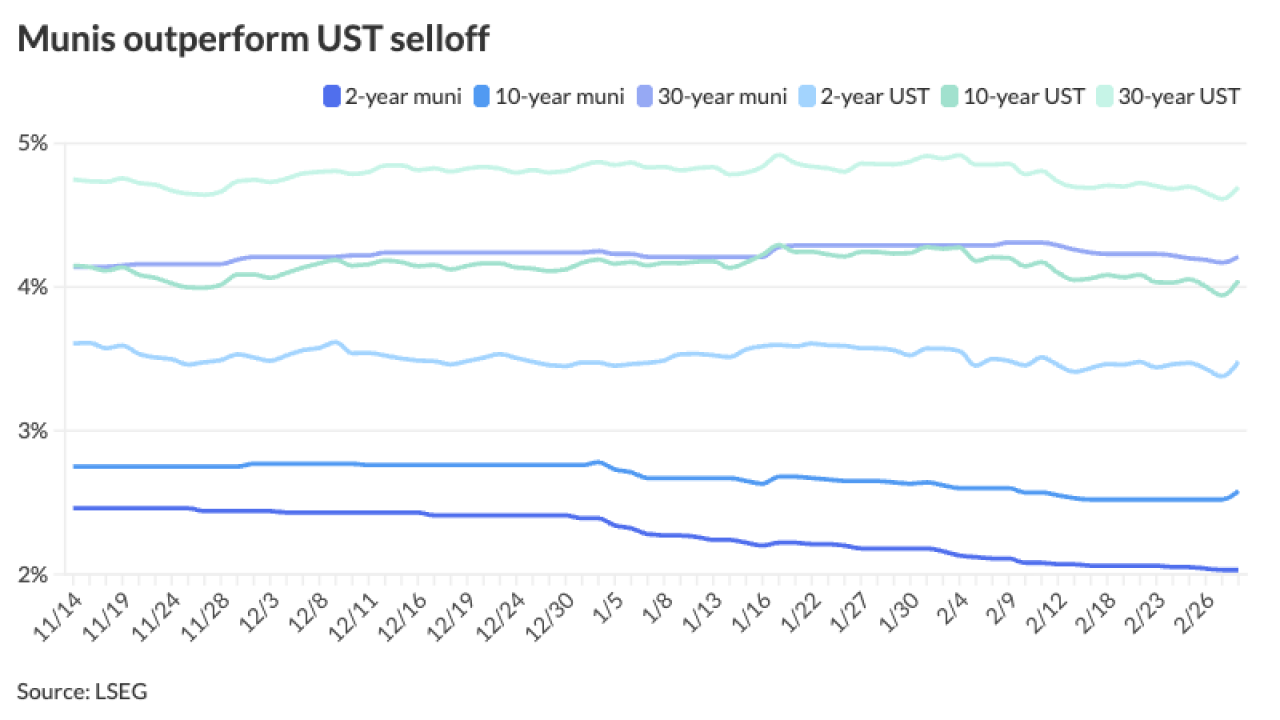New York Gov. Andrew Cuomo will have continued powers to thwart proposed wealth taxes he opposes after Democrats failed to gain a state senate supermajority in the November elections.
Democrats, who entered the election with a 40-23 majority in the New York State Senate, needed to add two more seats for a veto-proof majority and are instead on track to lose up to four seats with absentee votes still to count in some contested races. The current vote counts have incumbent Democrats trailing in seven races on Long Island and in the New York City suburbs and poised to gain two Republican seats in Western New York, which would result in a 36-27 advantage.

Jerry Kremer, president of Empire Government Strategies and a former New York assemblyman, said while both the assembly and senate have elected more progressive-leaning members in recent elections, Cuomo, a more moderate Democrat, can continue to veto proposed tax hikes on the wealthy. Among the legislative proposals pitched by progressive Democrats to confront the state’s revenue losses from the COVID-19 pandemic are raising the income taxes on millionaires and a stock-transfer tax.
“Both houses may be sending some very controversial stuff to the governor that he can veto and they can’t override,”Kremer said. “With a Democratic senate and a Democratic assembly and a lot of new progressives in there, the only check and balance is going be the governor.”
The New York State Division of Budget projects $30 billion of projected revenue shortfalls through fiscal 2022 because of COVID-19 with the gap rising to $62 billion over a four-year period. The state had reduced a previously estimated $14.5 billion revenue shortfall to about $8 billion, largely through $4 billion of spending cuts from a hiring freeze and suspending pay raises.
New estimates released by State Comptroller Thomas DiNapoli last week projected New York will collect $3.8 billion more tax revenue for fiscal 2021 than the Cuomo administration has projected.
E.J. McMahon, founder and research director for the conservative-leaning Empire Center for Public Policy, said the election results mean Cuomo’s leverage will continue to prevent tax hikes he opposes because of concerns they would hurt New York’s competitiveness. He noted the tax hike proposals from the progressive wing of the Democratic Party in Albany are more about spending
“They can’t spend more than he’s willing to spend as long as he has the senate minority behind him,” McMahon said.
Moody’s Investors Service
Cuomo opted to delay major fiscal policy decisions on spending cuts and revenue raisers until after Election Day in hopes that Democrats assuming control of the White House and U.S. Senate would result in a COVID-19 pandemic relief package for states. Democrat Joseph Biden was declared winner of the presidential election, but Democrats will likely need to sweep two Georgia run off elections in January to take command of the Senate
“Congress to a much greater extent than the White House has a bigger say on what gets allocated to states,” said McMahon, noting that Biden would be only third president in the last 106 years to assume office with the Senate controlled by the opposing party. “What the president wants in a budgetary sense almost doesn’t matter.”





